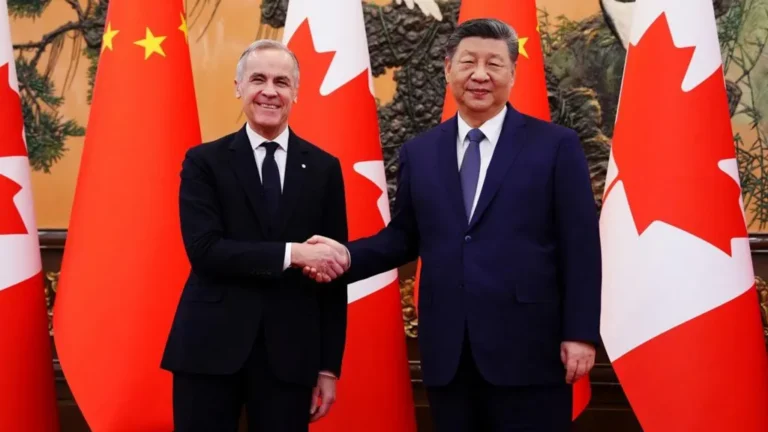
TEL AVIV, Israel — A new phase in the ongoing conflict between Israel and Iran unfolded Monday as Iran launched a fresh wave of missile attacks on Israeli cities, reportedly killing at least eight people. The Israeli military responded by expanding airstrikes on Iranian infrastructure and issuing evacuation warnings for parts of Tehran.
According to Israeli defense officials, a broad segment of central Tehran, including key government facilities, was advised to evacuate. The region under warning reportedly includes up to 330,000 residents.
During one strike in the Iranian capital, a state television broadcast was interrupted by an explosion near the studio. Reports indicate that debris entered the studio, forcing an abrupt end to the transmission.
An Israeli military spokesperson claimed the country now holds aerial superiority over Tehran and stated that over 120 Iranian missile launchers had been destroyed. Iranian officials said they responded by launching approximately 100 missiles targeting Israeli sites.
Casualties and Infrastructure Damage
Israeli authorities reported five deaths in central regions, including in Petah Tikva, where a residential building sustained severe damage. An additional three people were killed in a strike on an oil refinery in Haifa, where a stairwell collapse reportedly trapped workers in a safe room.
Emergency responders said more than 80 additional injuries were reported across various sites, and search operations continue.
Iranian health authorities report more than 1,200 injured and a rising death toll from Israeli strikes since Friday, though advocacy groups claim actual figures may be significantly higher.
International Impact and Escalation Concerns
One missile reportedly landed near the U.S. consulate in Tel Aviv, causing minor damage. No American casualties were reported.
The conflict began after Israeli forces carried out strikes targeting Iran’s military and nuclear infrastructure. In response, Iran launched hundreds of drones and ballistic missiles. The ongoing exchanges have led to increased concern among international observers about the possibility of broader regional warfare.
Diplomatic Tensions Rise
Iran’s foreign ministry indicated a willingness to de-escalate if reciprocal strikes ceased, but official military statements on Monday signaled plans for further retaliatory action. Iranian sources also reported internal fuel rationing and arrests related to alleged espionage.
Meanwhile, satellite imagery has shown damage to Iranian military installations and nuclear sites. Multiple nations have called for restraint amid fears that the conflict could expand beyond the current scope.






